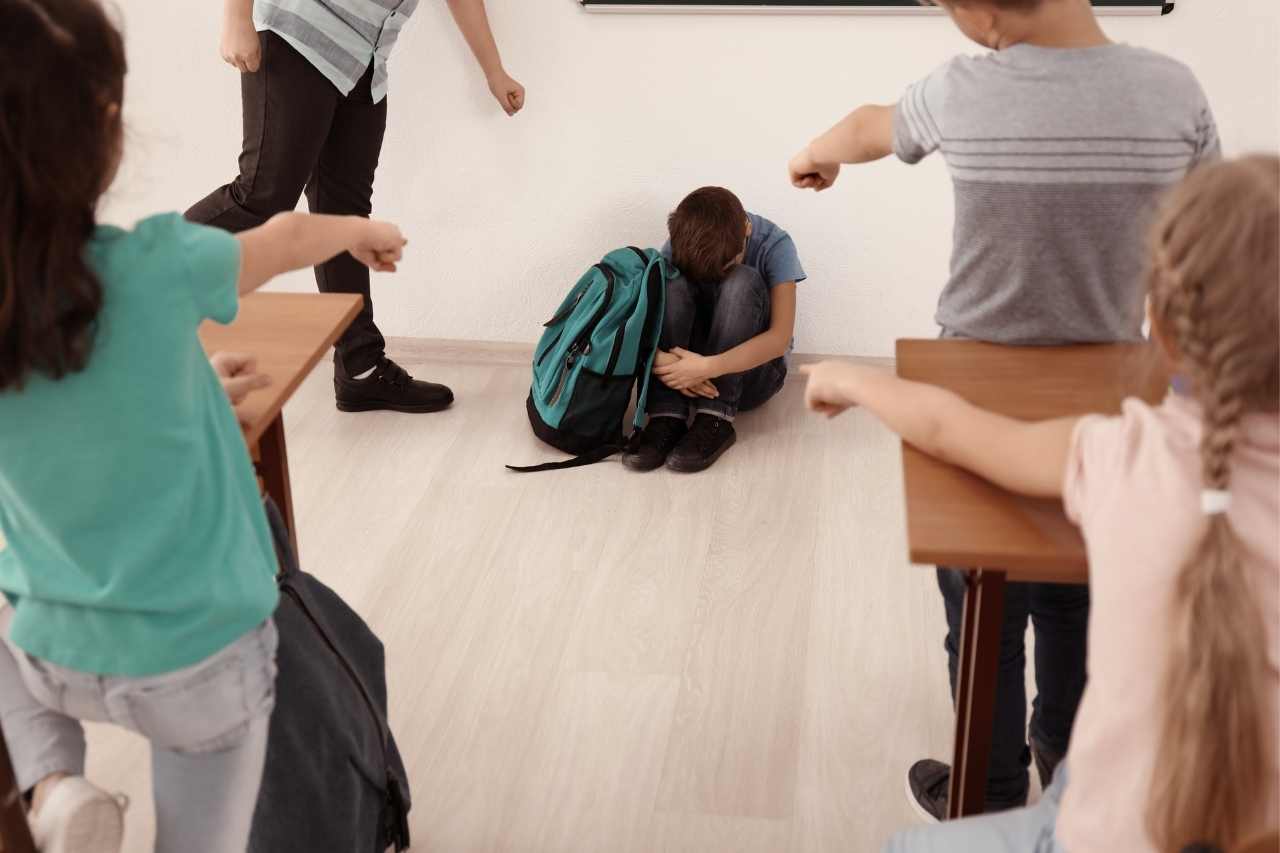People who have PTSD were previously thought to be exclusively individuals who had served in the military. However, research indicates that experiences such as bullying and relationship abuse can also result in post-traumatic stress disorder. This article delves into how bullying can trigger PTSD in children.
Effects of Bullying on Mental Health
Bullying has enduring repercussions on its victims, often leading to feelings of anxiety, fear, insomnia, and despondency, among other issues. The sense of helplessness and vulnerability experienced by the victim can contribute to the development of mental health conditions like post-traumatic stress disorder (PTSD).
Studies have shown a clear connection between bullying and PTSD. Following a traumatic incident like bullying, it is not uncommon for individuals to develop anxiety disorders, including PTSD.
Understanding PTSD Symptoms
PTSD is characterized by recurring nightmares, flashbacks, or intrusive thoughts related to the traumatic event. Individuals with PTSD may go to great lengths to avoid triggers that could bring back distressing memories. The recollection of trauma can evoke strong emotional or physical responses.
The primary trigger for PTSD is an event in which the individual felt threatened, was harmed, or witnessed harm or death due to a threat or injury.
Gender Disparities in PTSD
Research indicates that girls are more susceptible to PTSD than boys. Moreover, the effects of bullying do not dissipate once the bullying stops. Symptoms of PTSD may persist long after the bullying has ceased.
Post-Traumatic Stress Disorder (PTSD) in Children
Adults and children with PTSD share many symptoms, but there are notable differences. It is essential for parents to be aware of these distinctions, even if they do not suspect their child of having PTSD.
PTSD Symptoms Across Different Age Groups
1. School-Age Children (5–12 Years)
Children with PTSD may not exhibit typical symptoms seen in adults, such as flashbacks. Their recollection of the bullying incident may be disordered, and they may believe they can prevent future bullying if they remain vigilant. This hyperawareness can lead to hypervigilance.
Children may incorporate elements of the trauma into their play, repeatedly reenacting certain aspects of the experience. However, this form of play does not alleviate their distress. Some children may even integrate the trauma into their daily routines, like bringing a baseball bat to school for protection.
2. Teenagers (Aged 12 to 18)
As teenagers approach adulthood, their PTSD symptoms may resemble those of adults more closely. They may experience intrusive thoughts, nightmares, and emotional distress when reminded of the traumatic event. Teenagers may exhibit impulsive and aggressive behavior. Despite suffering from traumatic memories, they may not show outward signs of distress, instead internalizing their struggles.
Apart from PTSD, children and teenagers who have been bullied may also experience anxiety, depression, anger, loneliness, and difficulties trusting others, which can escalate to suicidal thoughts.
Intervention and Support
Early intervention is crucial in mitigating the long-term effects of bullying. Recognizing the signs of bullying is essential, as some children may not disclose their experiences to their parents.
What You Can Do
While PTSD symptoms may resolve on their own for some children, others may require professional help. Monitoring your child’s well-being is vital in addressing bullying and PTSD symptoms. Look out for signs like insomnia, irritability, avoidance of certain individuals or places, changes in academic performance, and interpersonal challenges.
If your child’s symptoms persist, seeking assistance from a mental health professional experienced in treating children with PTSD is recommended. Discuss the therapist’s approach to PTSD and consider meeting with multiple counselors to find the best fit for your child and family.
Meaningful articles you might like: How Bullying and Anxiety Disorders Are Interconnected, Understanding the Victims of Bullying, Do Bullying And Suicide Go Hand In Hand?

